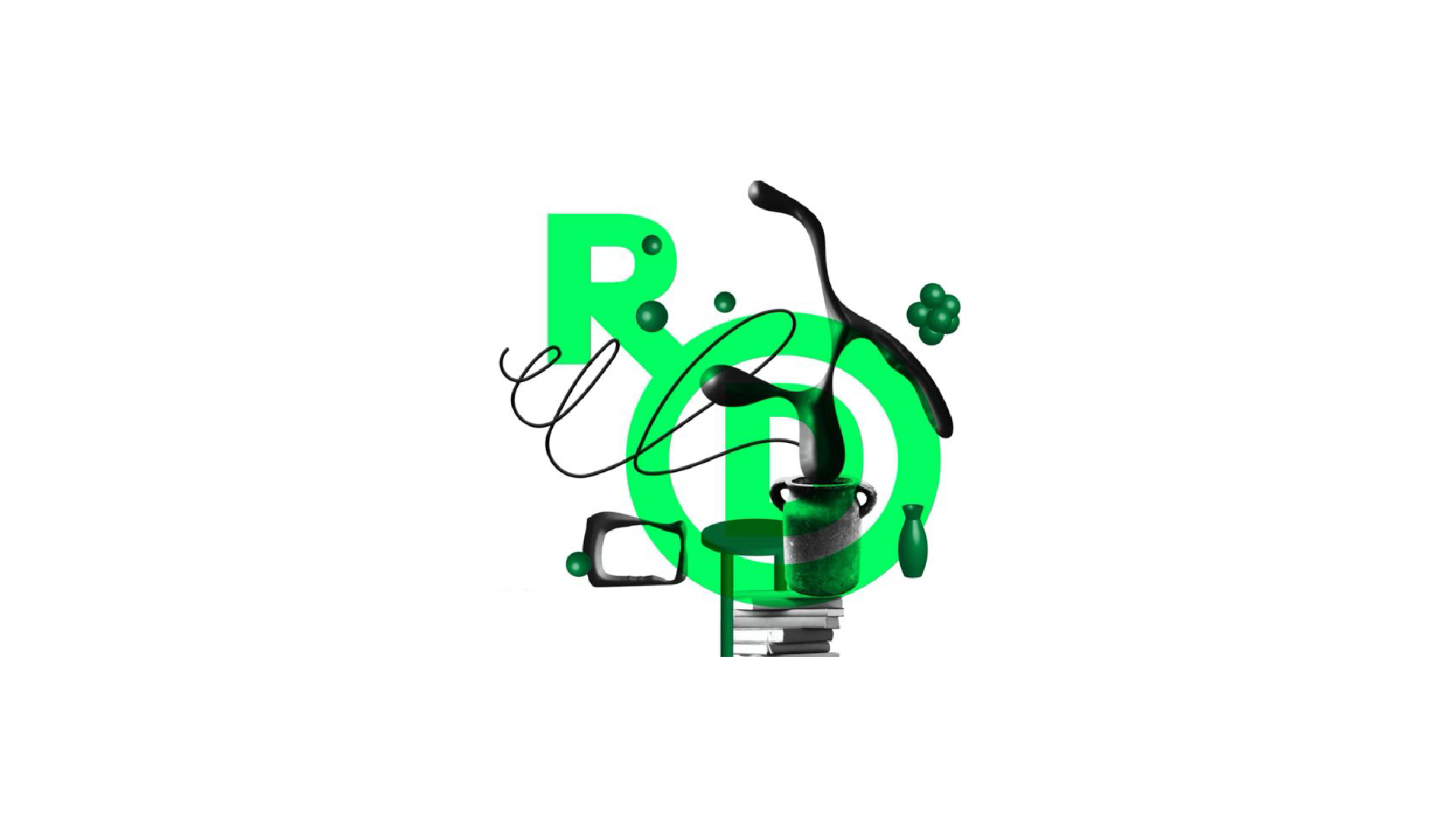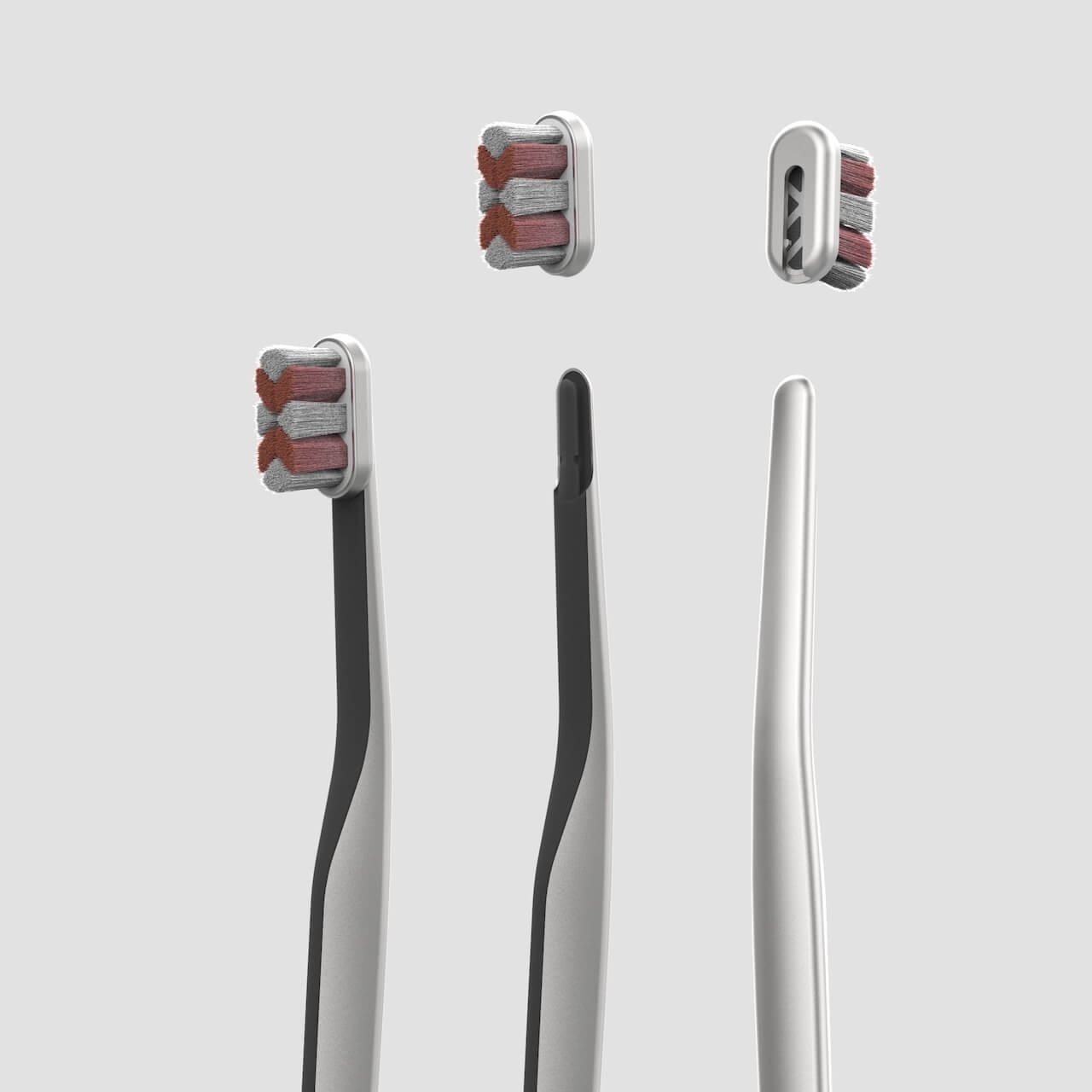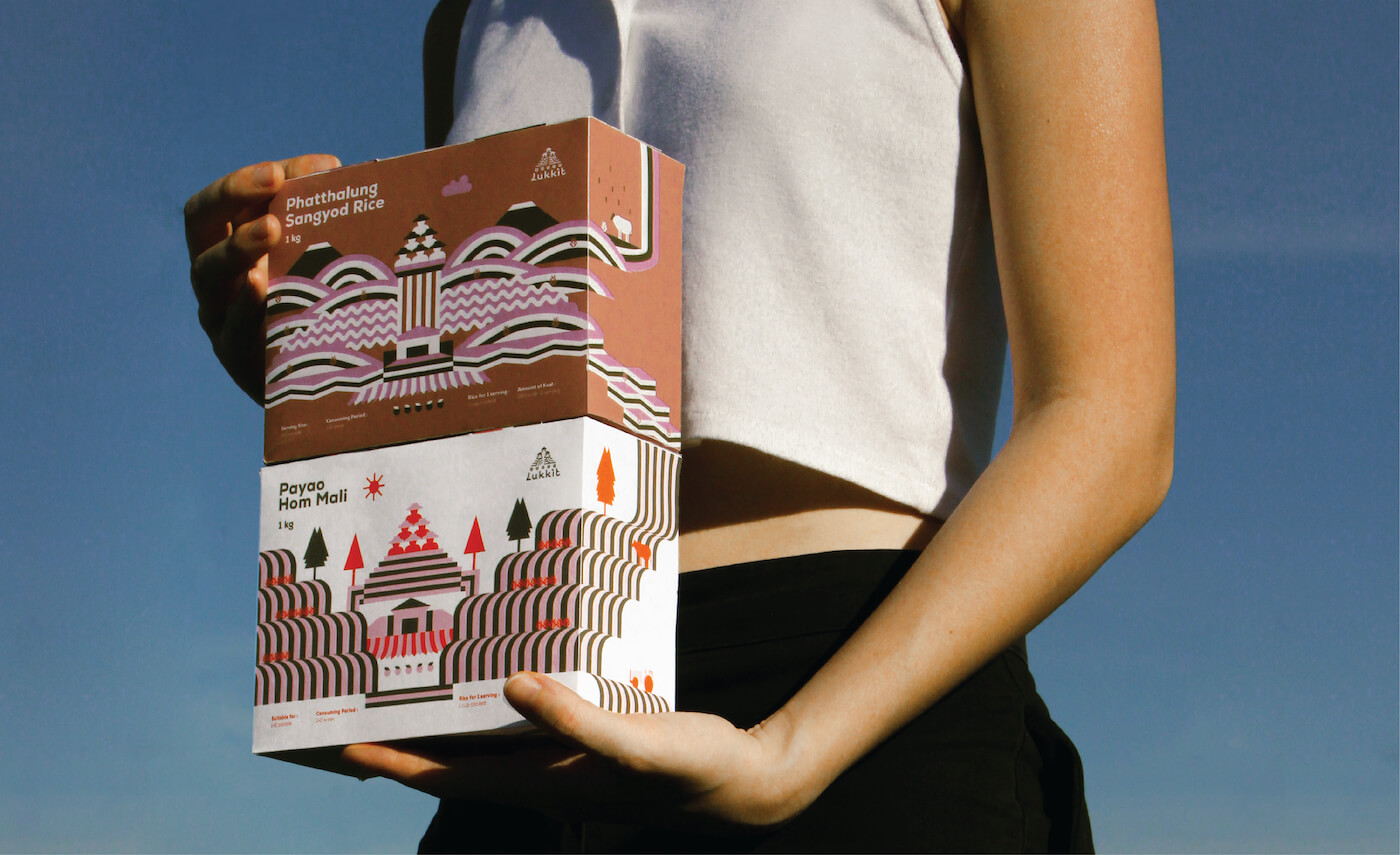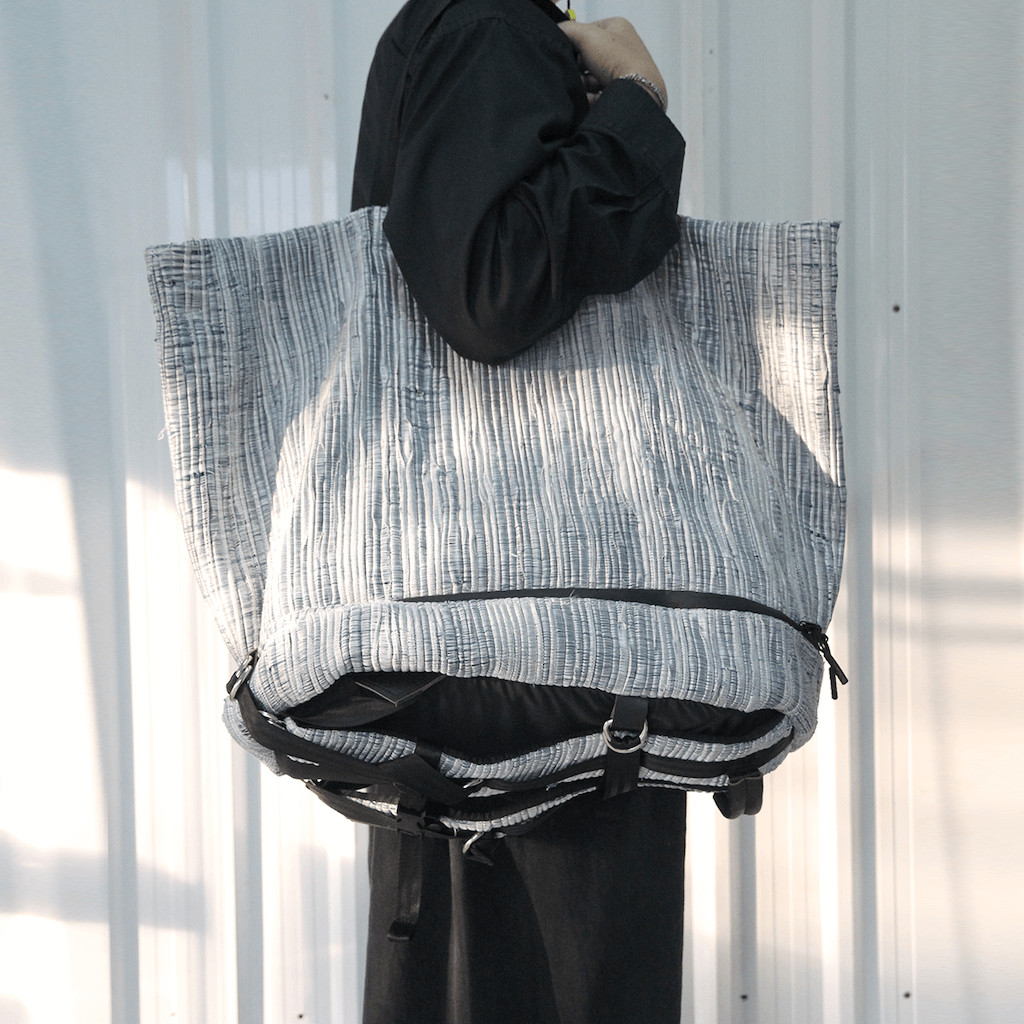DEmark Awards spotlights “Regenerative Design” in the country
This year’s entries evolve to aid the lives of people worldwide as they adjust to a “new normal” post-pandemic and in light of the recent climate crisis.

Given the biological diversity and the amazing artistry of Thai craftsmanship, it’s always exciting to see what the country’s rich talent pool has to offer. Since 2008, the DEmark Award has succeeded in showcasing the best of local designers and this year was no different.
Following the coronavirus pandemic and recent climate crisis, the theme of this year’s DEmark Awards—Regenerative Design—aligned with the Thailand government’s call for a Bio-Circular-Green (BCG) economic model, showcasing local craftsmanship and sustainable materials in a bid to fulfil the new country-wide initiative.
Covering a broad range of categories ranging from “Industrial Process and Craft” to “Gift and Decorative Items”, designers were encouraged to use their creativity in support of Thailand’s biological diversity and cultural strengths. Let’s take a look at the winners from each category.
DEmark Awards – Highlights:
Furniture – Salmon Bench by MOONLER
Known for crafting pieces that celebrate the natural origins of their materials, the Salmon bench by Moonler uses time-honoured carpentry techniques indigenous to northern Thailand. “Like a skillful trained sushi chef filleting a fish, Salmon is built from one long log cut into 2 big pieces for the seat and 8 small pieces for the legs,” explains the brand. “The symmetrical and simple shape maintains the essence and beauty of the raw materials—the humblest way a craftsman shows his respect to materiality.”

Industrial Design – Air by BATHROOM DESIGN
Design studio Bathroom Design drew from childhood memories when coming up with the soft and rounded shape of AIR, a bathtub inspired by inflatable toys. Intuitive features include a rubber stopper with touch control for draining out the water and a feedback system, which inform the user when the bath is full before automatically stopping.

Lifestyle – VICTORY toothbrush by dots
Bangkok-based design studio Dots has come up with a concept toothbrush, aiming to create a durable and timeless alternative. The designers have opted for an aluminium handle instead of one made from plastic, which has so fully infiltrated toothbrush design that it’s hard to brush your teeth without touching a polymer. Unsatisfied with their short lifespan (usually 2-3 months), the studio has also incorporated a replaceable head, which it says reduces plastic waste by 90%.

Packaging – C2 Water No Label by Prompt Design
The same creativity has gone into the C2 Water No Label concept, which has found a clever way to meet the legal requirements of its packaging whilst keeping its contents clear of any label. Prompt Studio has embossed all the necessary information onto the bottle body with the barcode printing on the bottle cap and the bottle is decorated with beautiful illustrations instead. The packaging facilitates waste material separation during recycling and is made from 100% recycled PET.

Graphic Design – Logo & Identity for Occur Coffee by TNOP DESIGN
With a focus on creating a perfect balance between art and design, Bangkok-based graphic design studio TNOP DESIGN has created this colourful branding concept for Thai rice company Lukkit. The minimalist design comprises a series of icons that communicate the product’s origin story. The Lukkit logo features a triangular composition made up of three symbols that represent—from top to bottom—of the farmers, rice farming and ricefields.

Interior Design – Reno Hotel by PHTAA LIVING DESIGN
PHTAA Architects were guided by the site’s original structure when renovating the Reno Hotel in Siam. Staying respectful to instead of overwriting its context, the architecture and interior design studio wanted the renovation design to leave a trace of the original feel of the hotel, built in 1963 in a style reminiscent of “Miami Modern”, so it decided to retain key design elements, many of which would now be unaffordable to produce. Examples of these are the marble lobby flooring, original breezeblocks on the guest room balconies, a raw unplastered column in the lobby, and original stair details.

Fashion Design – ‘MUDD’ MULTI-TRANSFORM SILK/DENIM BAG by Bangkok Apparel
Bangkok Apparel has created a “multi-transform” bag by repurposing second-hand jeans. The brand’s designers worked with a group of local weavers to turn the old denim into a new, easily adaptable silk-like material. Dubbed Mudd, the bag boasts 10 different styles including a backpack and a shoulder bag thanks to a construction inspired by the art of banana leaf folding.


